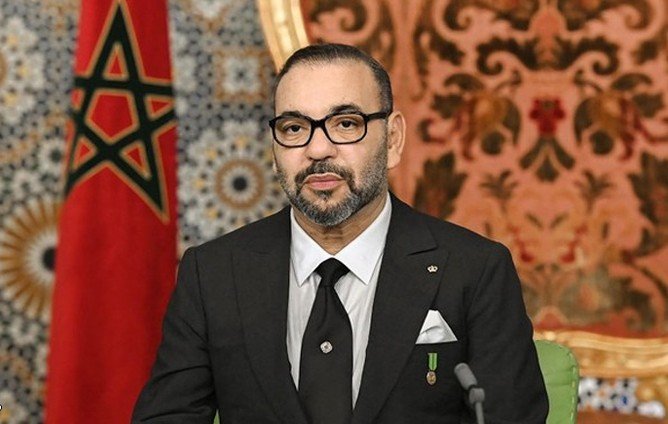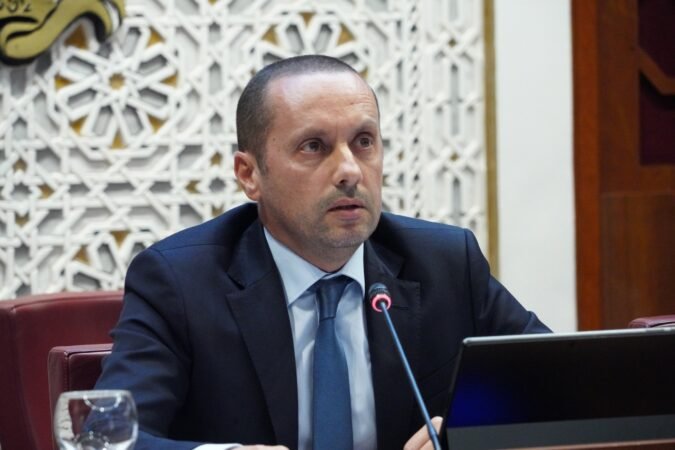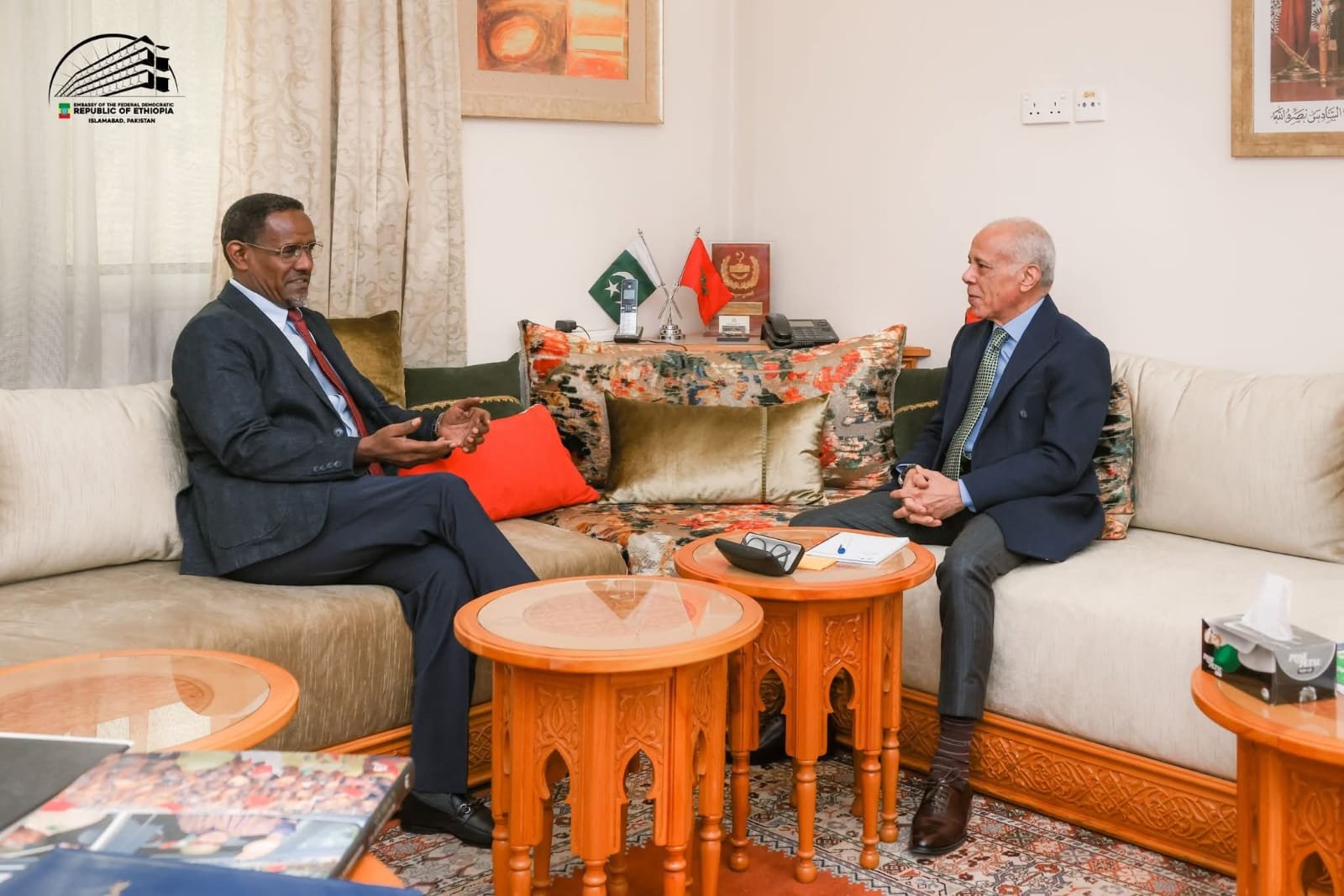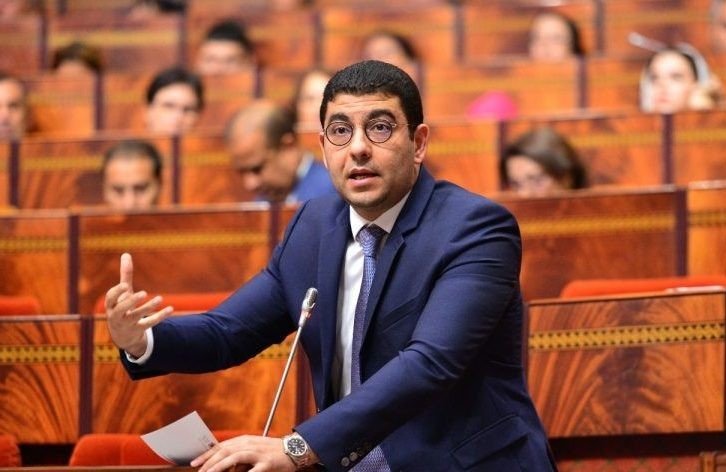Mohammedia, November 16, 2025 – The Europe Today: Morocco is making significant strides toward establishing an autonomous, export-capable defense industry while simultaneously enhancing the cyber resilience of its public institutions.
Abdellatif Loudiyi, Minister Delegate in charge of the National Defense Administration, outlined the country’s 2026 budget and unveiled key initiatives marking the next phase of military and technological modernization.
Central to this strategy is a set of ten newly approved defense-industry projects, valued at $260 million, expected to generate over 2,500 direct jobs. These initiatives aim to equip the Royal Armed Forces with locally-produced, modern equipment and reduce long-term reliance on foreign suppliers. Five additional projects remain under review as Morocco’s defense ecosystem continues to expand.
Supporting industrial growth, two defense-dedicated acceleration zones are under development in line with Decree 2.23.925. Scheduled to be operational by the end of 2026, these zones will offer tax incentives, customs advantages, and streamlined investor services to attract major players to Morocco’s growing defense sector.
Legal frameworks are being strengthened through the implementation of Law 10.20 on defense and security equipment, the new investment charter, and an industrial offset mechanism that obliges foreign contractors to invest locally or transfer advanced technologies.
On the international front, Morocco is deepening defense partnerships via memorandums, agreements, and joint programs with key global stakeholders, aiming for gradual strategic autonomy in manufacturing and research.
Parallel efforts in cybersecurity are advancing rapidly to counter increasingly complex threats. Between January and September, the DGSSI assessed 76 public and critical-infrastructure web applications, identifying 20 critical vulnerabilities and issuing 22 targeted alerts.
The national cyber response center circulated 511 security bulletins, nearly half of them critical, and directly intervened in over a hundred incidents. Talent development is also progressing, with over 1,500 specialists trained since 2012 and a new cybersecurity master’s program launched this year at Casablanca Technopark.
Furthermore, twelve field missions assisted institutions in establishing or reinforcing security operations centers, and a nationwide crisis-simulation exercise mobilized 73 teams across strategic sectors, enhancing Morocco’s overall cyber preparedness.
Morocco’s integrated approach to defense and cybersecurity underscores its commitment to technological self-reliance and national security resilience.














